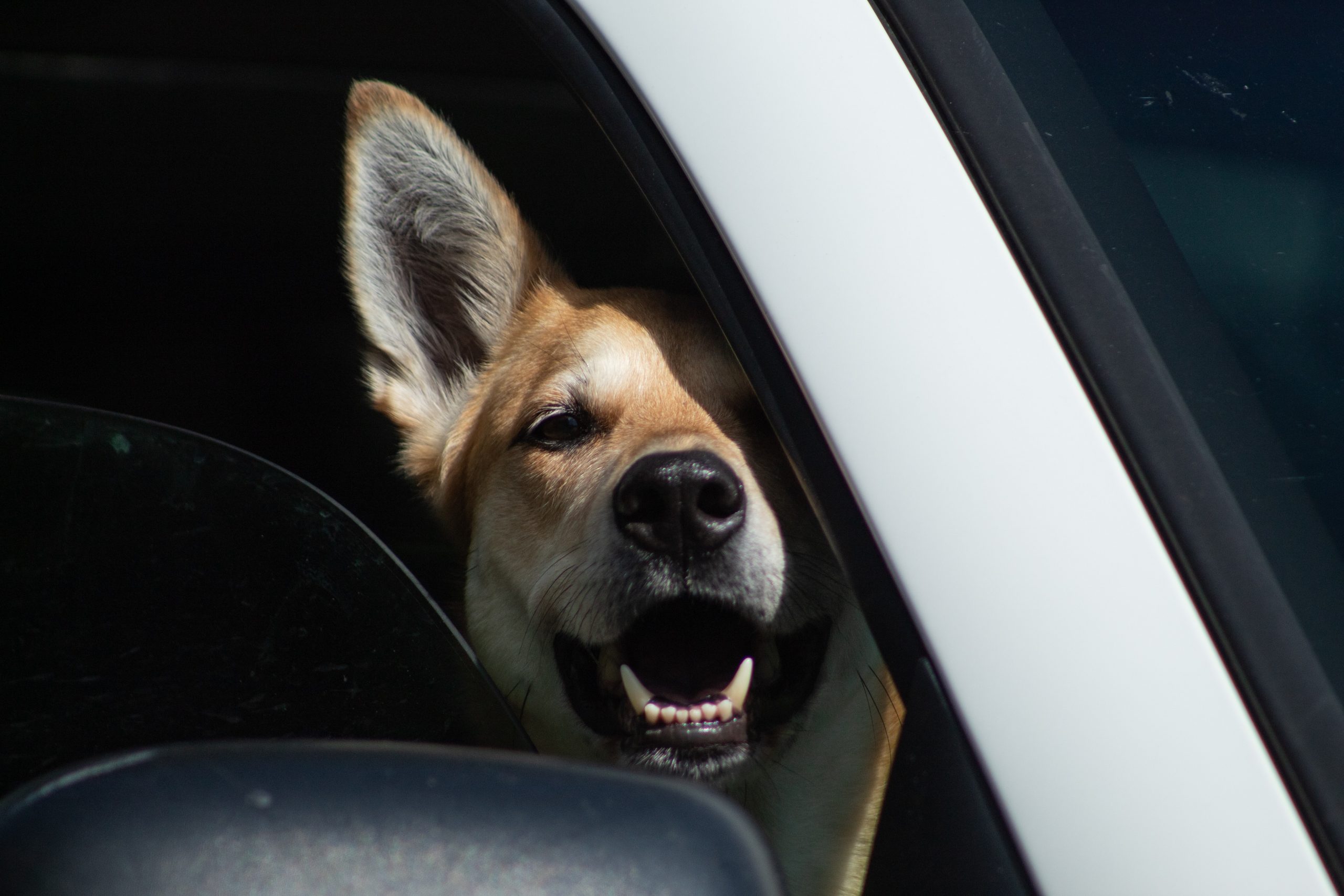With the warm weather set to stay, most people are excited by the prospect of sunny beach days to replace the absence of foreign holidays this year, but it isn’t always good news for pets.
Heat stress in dogs is a serious issue, last year, a study by researchers at Nottingham Trent University and the Royal Veterinary College found that the main reason for canine heatstroke is dogs overexerting in the sun.
To help owners better understand how to keep their four-legged friends safe this summer, Lords & Labradors, have released their top tips on ensuring your furry friends remain safe this summer.

Joanna Buitelaar-Warden, Founder and Managing Director of Lords & Labradors, the luxury pet product company, said: “The advice to not leave dogs in hot cars, don’t walk them in too hot weather, don’t let them dehydrate, are all important things that have been reiterated time and time again.
“We know to keep an eye on our pets during the summer months, but it can be confusing to know exactly just what we should be aware of.”
The obvious one but ultimately extremely important is monitoring the heat.
Dogs’ fur is great in the cold winter months, however, in the summer it can make them very uncomfortable, especially long-haired dogs.

Heatstroke occurs when the body’s temperature rises above its normal levels and therefore cannot accommodate any additional heat.
To minimise the risk of dehydration and heatstroke, your pet should always have access to clean, fresh drinking water even when out and about.
If you do think that your dog is dehydrated, or is demonstrating one or more of the symptoms listed above, cool them down with a hose, or place a cool, damp towel over them.
If your dog becomes distressed in a hot car, passers-by are encouraged to dial 999, and the police will act to release the dog, even if that means damage to your vehicle.

Dogs such as Chow Chow’s, Bulldogs, French Bulldogs, and Cavalier King Charles are most prone to heatstroke and overheating.
As pets will be spending more time outside, they will become more prone to ticks; small parasites which suck blood from other animals.
To prevent your pet from getting bitten, you can purchase preventative treatments from your local Vet Practice which will repel ticks.

As humans, we fret around the buzzing noise when a bee comes close, however, an inquisitive pet may seek to investigate, and as a result, could get stung.
Most commonly a cat may have a swollen paw and a dog may have a swollen mouth, which can result in breathing difficulties.
If they have been stung near their mouth or nose, you should contact your vet straight away, as this is a medical emergency.

For many dogs, a pool, river, or lake may look inviting when the temperatures are high, however, it’s important to remember that not all dogs can swim, or even like the water.
If you are near water with a current or tide, be wary as even if your dog is a strong swimmer, they could quickly find themselves in trouble, especially if they are swimming against a tide.
Keep a lookout for blue-green algae and associated warning signs, as this is often poisonous for dogs.
Don’t let your dog swim or drink water that you suspect is contaminated.
If your dog does enjoy swimming, after they have played in the water you should ensure they are always thoroughly rinsed to wash away salt, chlorine, and harmful bacteria.
